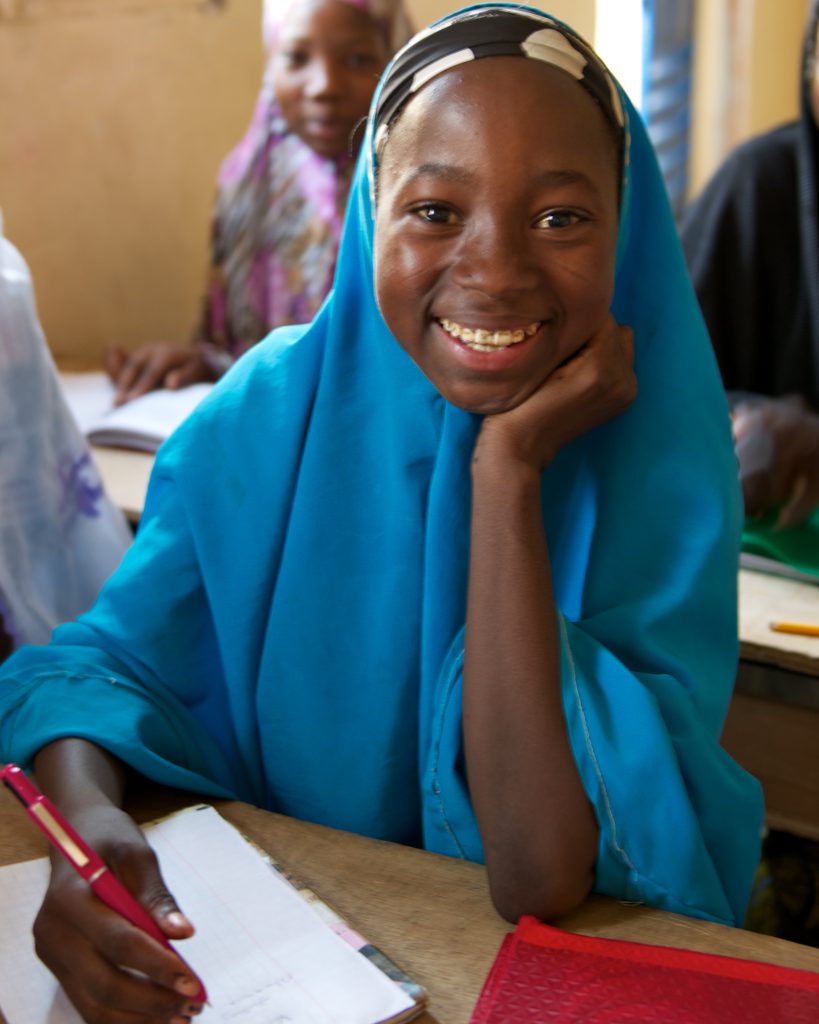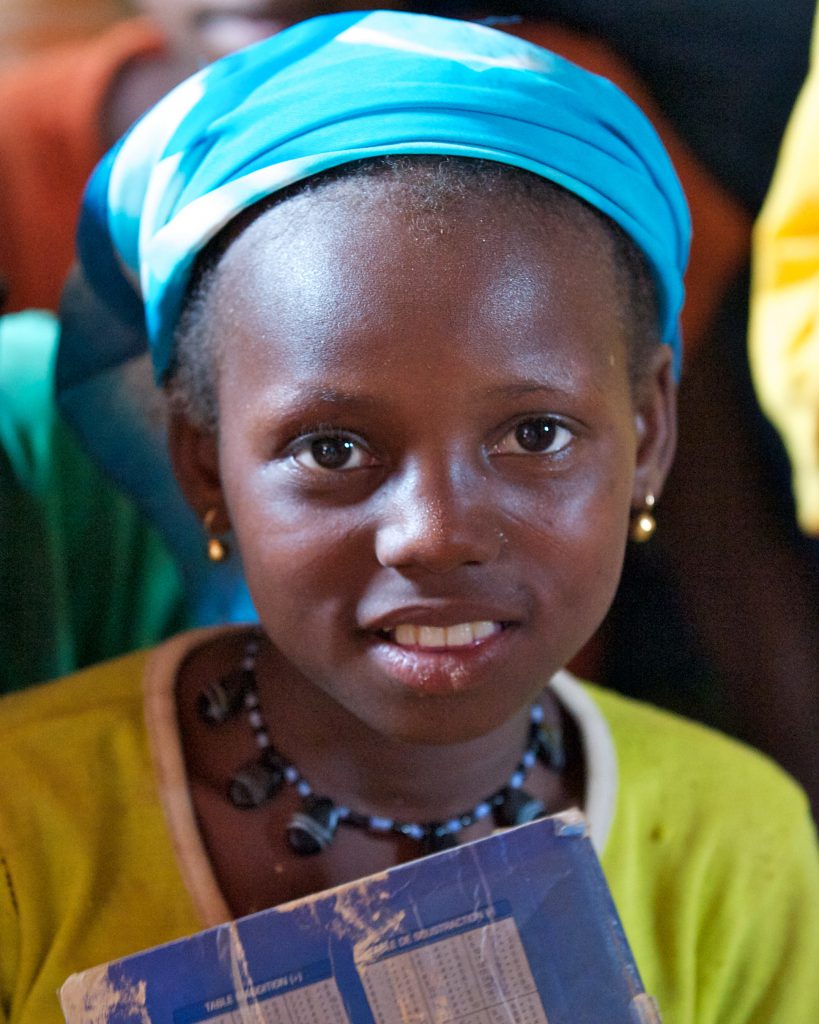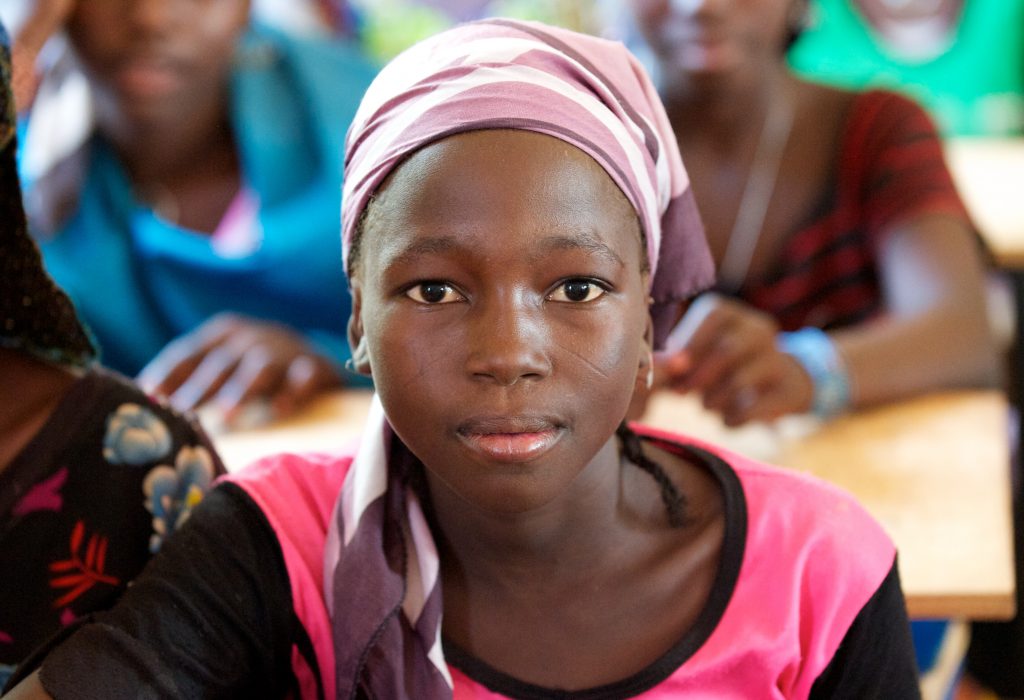By Barbara Goldberg

Paul Hawken, a well-known author and activist recently published a book, Drawdown: The Most Comprehensive Plan Ever to Reduce Global Warming. In it, he identifies the 100 top solutions to reducing global warming.
I was shocked and delighted to learn that number six on the list is educating girls. It is something that no one, at least to my knowledge, has talked about as a means to combat climate change.
Considering the enormous positive impact that education has on the individual lives of girls, that it can also help slow the effects of climate change is just “the icing on the cake.” One might even argue that the impact on our planet is even greater than the benefits to individuals.

We at Wells Bring Hope have long known that when girls receive an education, they are less likely to marry as children or against their will. We know that they bear children later, and have fewer children. We know that this results in a reduced rate of maternal and infant mortality and improved family economics. We know that educated women and their children lead healthier, more productive lives.
What we hadn’t previously considered is the broader effect that educating girls has on our planet. Hawken points out that since women with more years of education are much more likely to take control of their reproductive health and have fewer children, educating girls is “one of the most powerful levers available for avoiding emissions by curbing population growth.” 
In addition to resulting in reduced emissions, “education also shores up resilience and equips girls and women to face the impacts of climate change. They can be more effective stewards of food, soil, trees, and water, even as nature’s cycles change. They have greater capacity to cope with shocks from natural disasters and extreme weather events.”
We had seen the strength of women in Niger first hand and can attest to the resilience of these women, but education is essential, and safe water makes that possible.
We thank Paul Hawken for giving the world one more reason to educate girls throughout the world.


